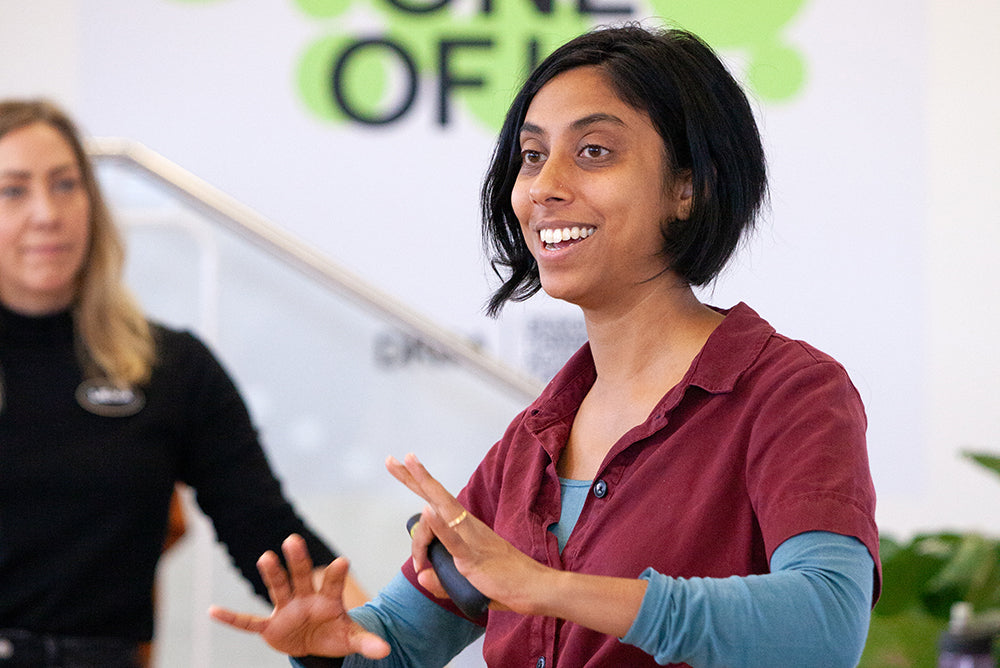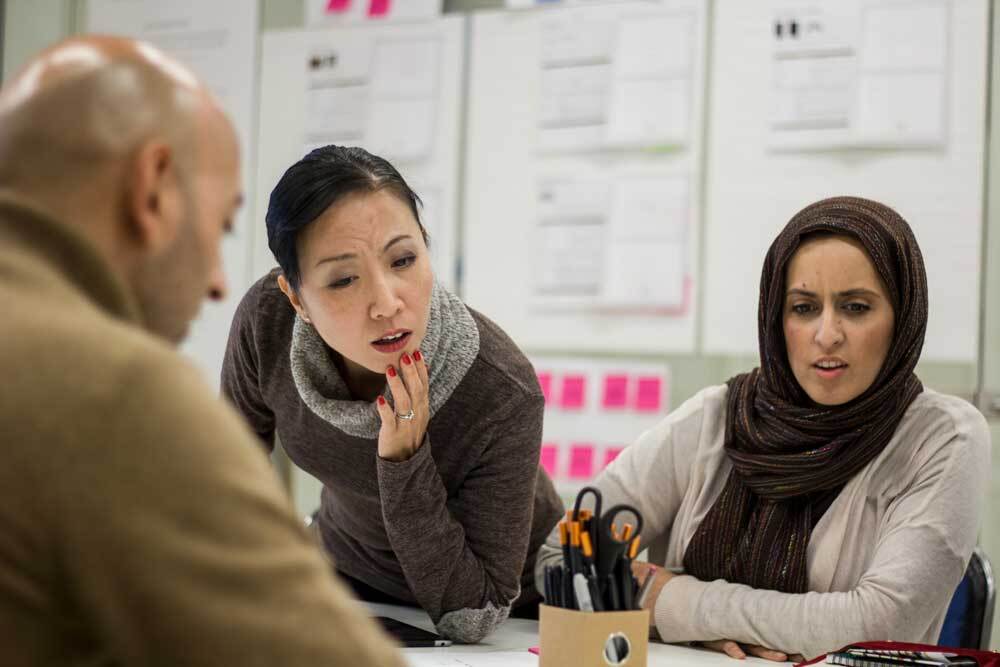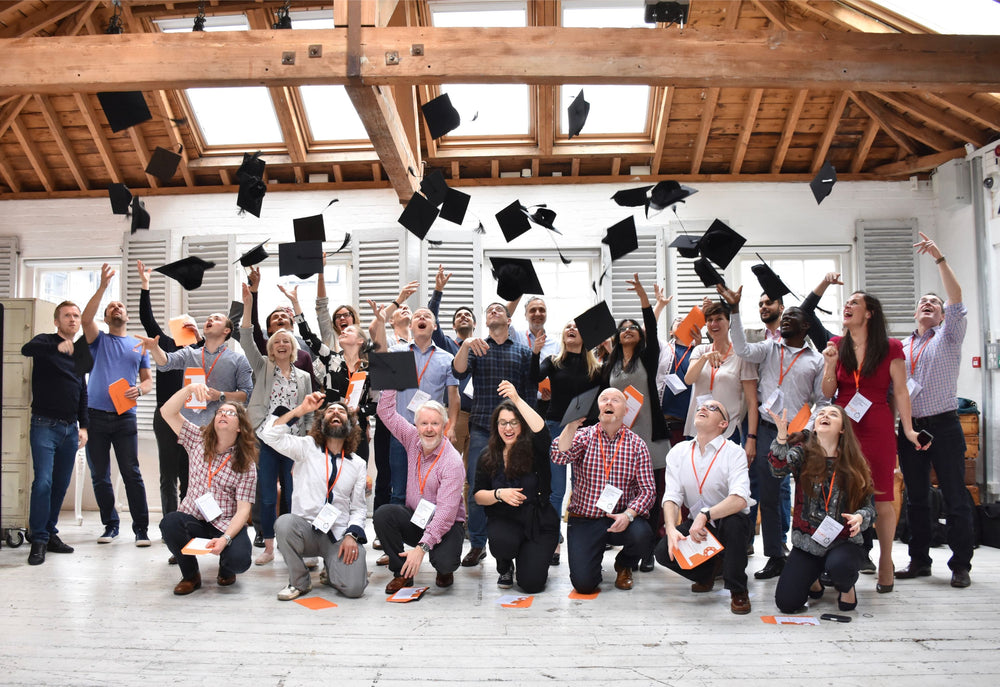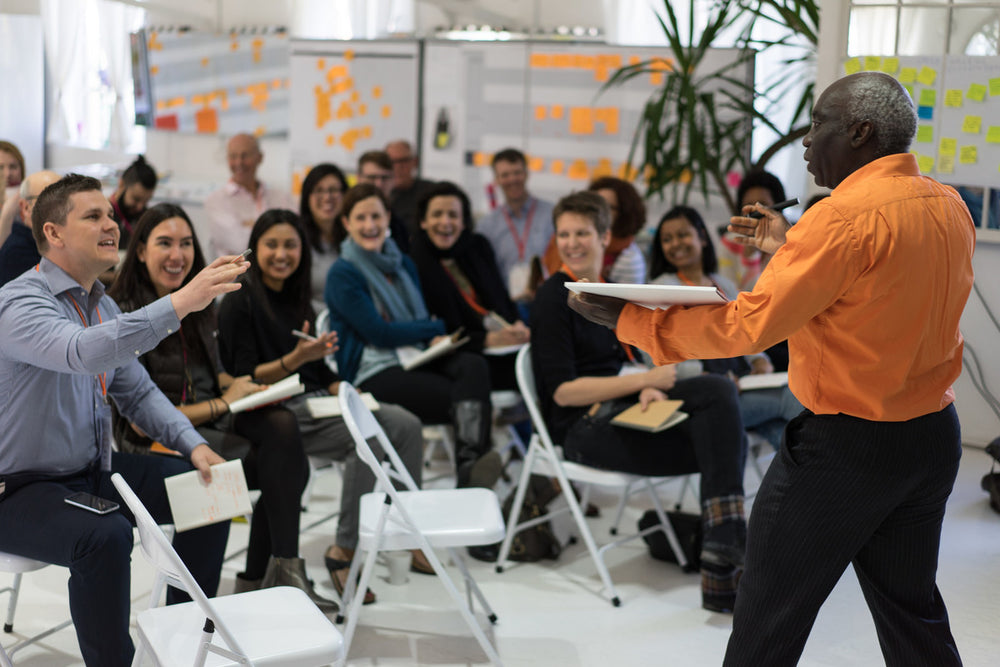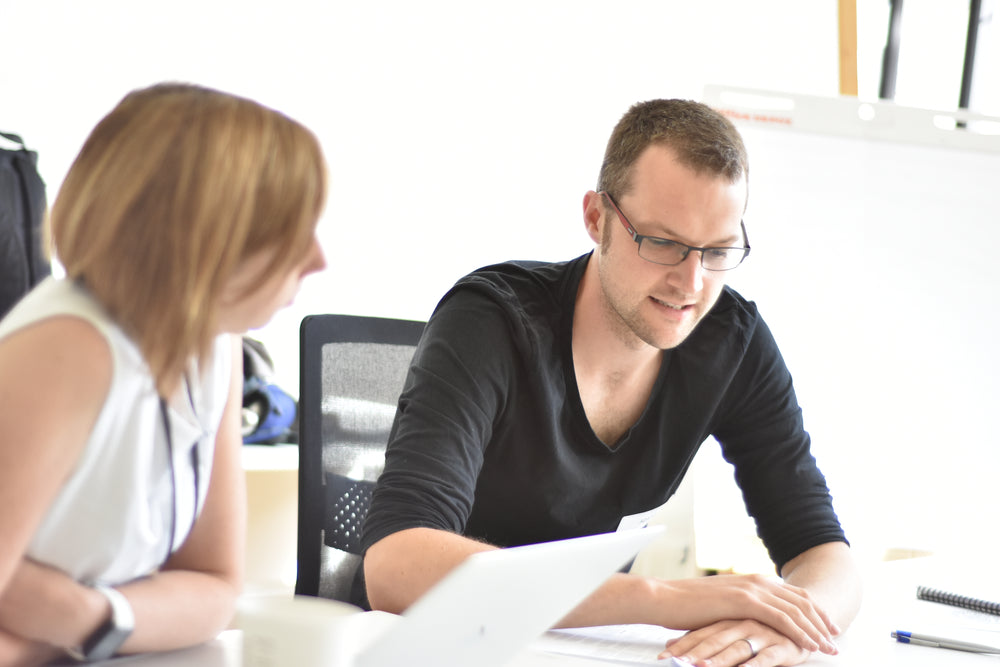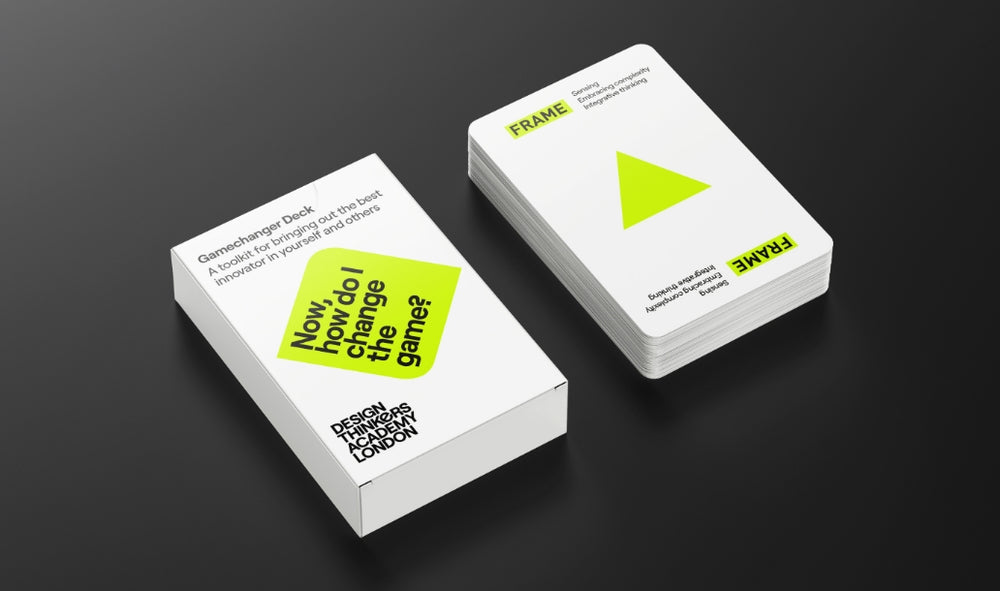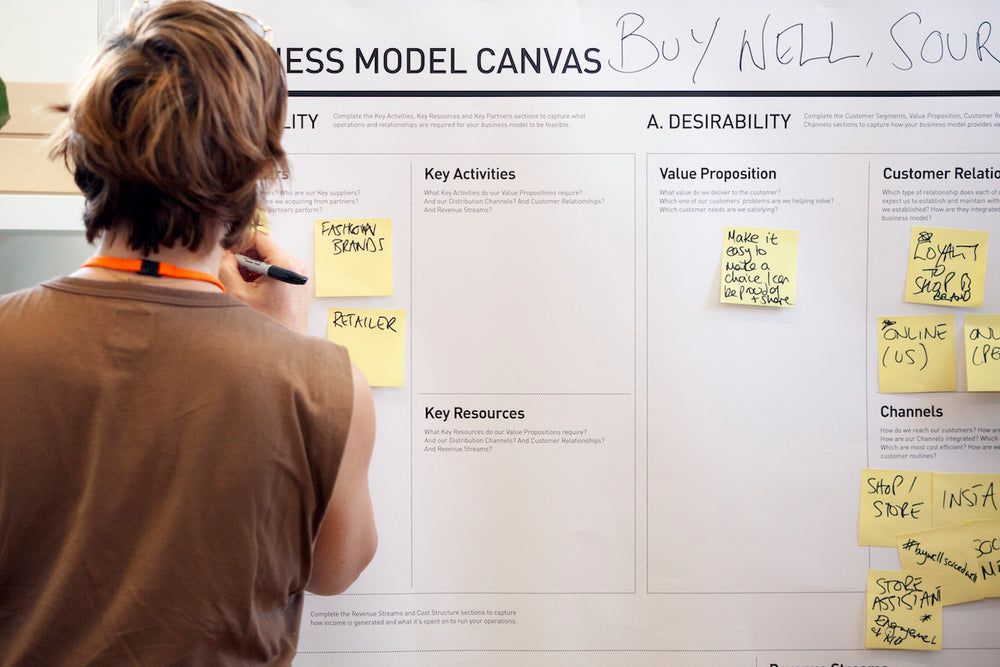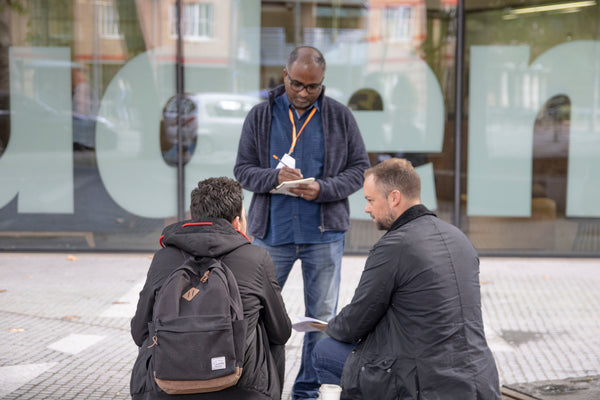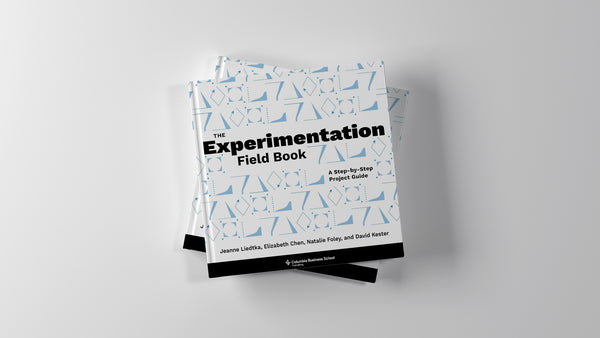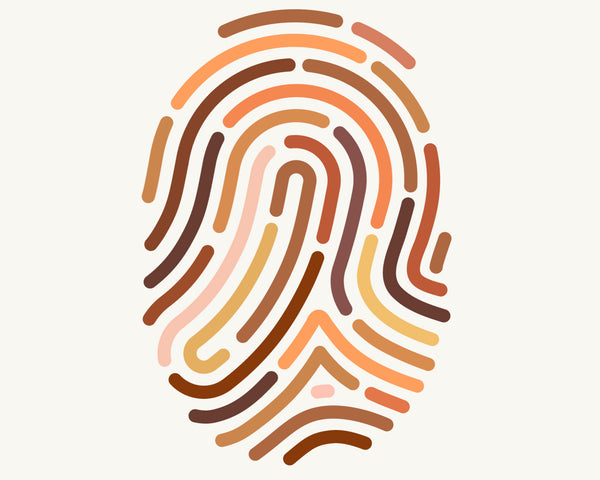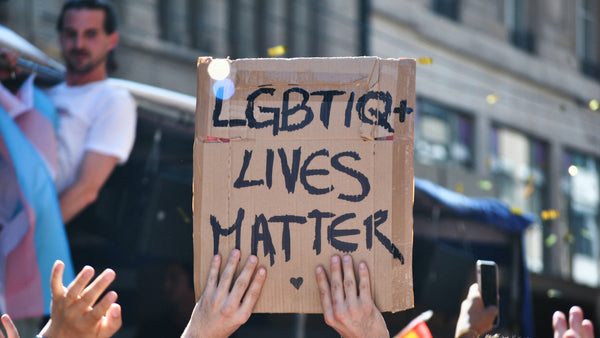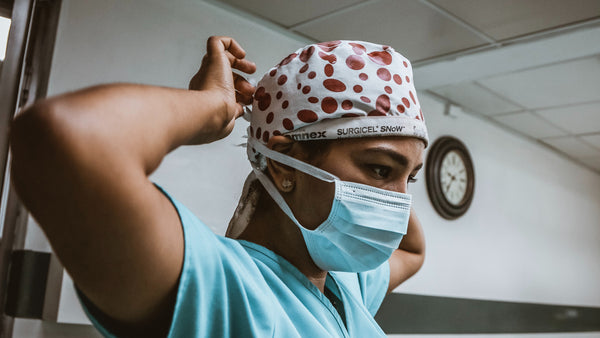How is design being taught in UK schools? Are we nurturing an innovative and tech-savvy new generation of designers, or falling behind…? From EBacc to edtech, Ezri Carlebach tries to keep track of the latest trends in teaching creative subjects and creativity in education.
1. A bun fight is brewing
There’s a growing row about the introduction of the English Baccalaureate, or EBacc, a set of school qualifications that, the government insists, all pupils will take at GCSE level by 2020. The list of mandated subjects is; English, maths, sciences, history or geography, and a language. No art, music, design, or technology. The row is about whether the introduction of the EBacc is helping or hindering those who want to take a ‘creative’ subject, with different statistics wheeled out by different groups to prove their view one way or the other.
2. The robots are coming
At the same time, the use of ‘edtech’ – technology in education – is rapidly rising. An article in The Guardian suggests that the global edtech industry will be worth £129bn in 2020 (coinciding nicely with EBacc for everyone). There’s a clear link between the use of edtech, and approaches to learning driven by creative attributes. The Guardian piece is full of stories about games, apps, toys, and other creative learning tools. Bethany Koby, CEO of edtech firm Tech Will Save Us, is quoted as saying; “The world of learning and play are becoming closer together and are becoming more integrated”.

3. Employers are curious
It seems that as learning and play become more integrated, so they become more important at work. Merck Group, one of the world’s biggest pharmaceutical companies, has launched a campaign to promote curiosity as a driver of innovation and change, both in terms of products and services, and business strategy. Their multi-media online Curiosity Report identifies four components that help people to be curious in a productive way; openness, a tolerance for stress, inquisitiveness, and – you guessed it – creativity. In one of the Report’s videos, psychology professor Todd Kashdan describes creativity as “the desire to act on this curiosity, to find new ways of doing things”.
4. We need to ‘get it’
There appear to be contradictory pressures. On the one hand, policy makers want schools to focus on traditional subjects, as set out in the EBacc. On the other hand, employers are flagging up serious creative skills shortages. A recent Creative Industries Federation report says that “Problem-solving and other aptitudes that can be developed through the arts are already listed as a crucial skill for employers, but may become even more important in the future.” There is a risk, the report suggests, that in terms of creative education the UK is “about to ‘un-get’ it just as other countries are ‘getting it’”. So where does this leave us?
5. The answer may be a Trust
The Creative Education Trust is a charity running 12 academy schools, seven secondary and five primary, in central England. The Trust promotes “practical creativity,” and sees design as a “language” that can be learned, and applied across the curriculum. This integrated approach means that children gain the creative skills that are so important for employability, and for future innovation and economic growth, while studying the so-called traditional subjects. That makes policy makers happy, employers happy, and – more importantly – children and teachers happy. A win-win-win, if you like. So, is this type of education the way forward? What do you think?"Creativity is the ability to recognise or make new connections between all the things we know. Nurturing this ability needs to be at the heart of education" – Creative Education Trust
